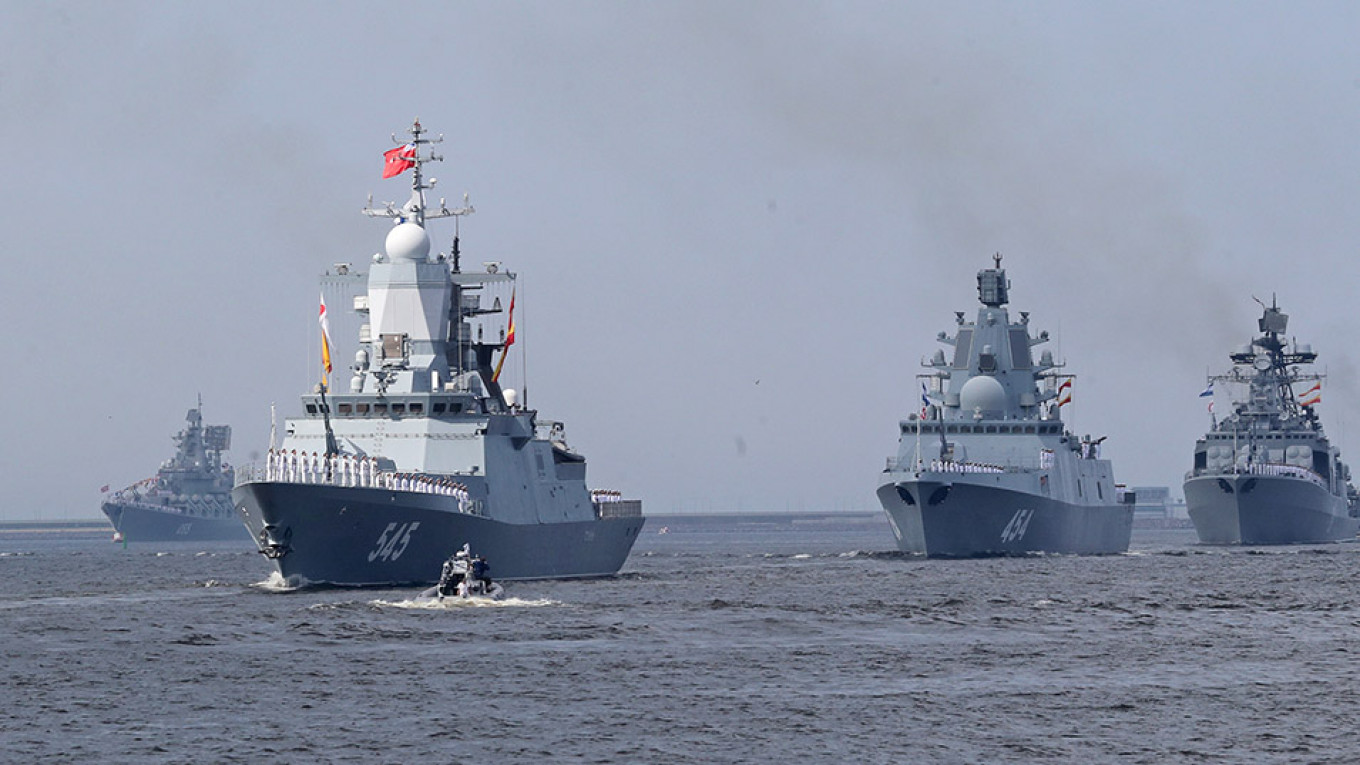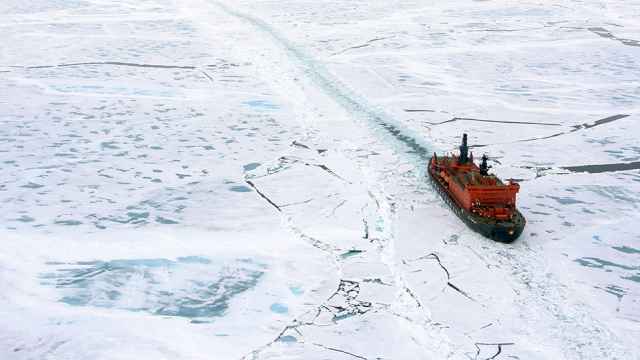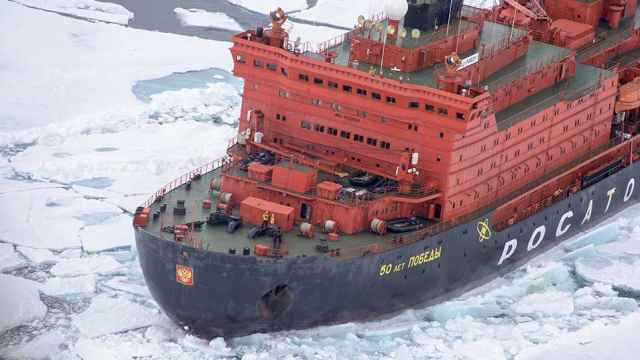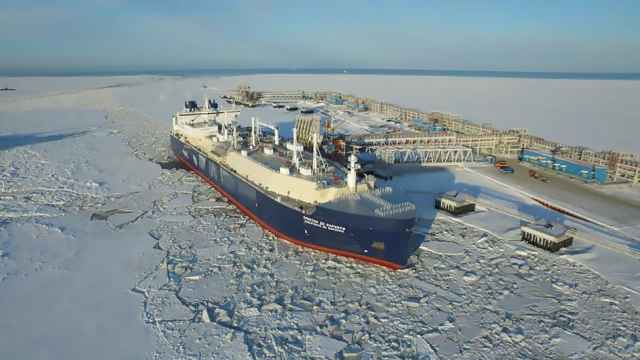Two Russian warships will conduct missile drills near Norway’s northernmost gas pipeline to Europe, the VG news website reported, citing the Norwegian Intelligence Service (NIS).
A notice to airmen (NOTAM) is set for an area in the Norwegian Sea west of Helgeland, the Norwegian Joint Headquarters at Reitan near Bodø confirmed.
The area with warnings to civilian air traffic is just south of the Arctic Circle and in near several Norwegian offshore installations, including Aasta Hansten, which is the northernmost gas field connected to the network of pipelines fueling Europe with natural gas. The area also has active shipping and fishery activity.
The NOTAM, with reference A 0269/20, is valid from early morning on Feb. 5 to the afternoon on Feb. 7.
It is not clear which missiles are to be tested, or if any live shootings will happen at all.
Russian warships from the Northern Fleet have announced missile shootings in the Norwegian Sea off the coast of northern Norway without a single missile being fired twice in the past.
Among the Russian warships sailing north on their way back to their homebase in Severomorsk on the Kola Peninsula, there are the large missile cruiser Admiral Ustinov and the destroyer Vice-Admiral Kulakov.
Both vessels participated in an exercise near the Russian Black Sea naval base in Sevastopol on the coast of annexed Crimea in early January.
The Vice-Admiral Kulakov sailed out from Severomorsk in late October last year, while the Admiral Ustinov has been on a world voyage since last summer.
Last week, the two ships crossed the Bay of Biscay where they conducted anti-submarine training tasks while sailing north in the direction to the English Channel, the press service of the Russian Northern Fleet said.
The ships passed the waters between Dover and Calais on Saturday morning. The ships arrived Sunday in the North Sea, off the west coast of Norway.
Such an exercise close to Norwegian waters should be seen as part of Russia’s bastion defense, Lt. Gen. Morten Haga Lunde, the head of the Norwegian Intelligence Service, told the VG news website.
If Russia feels threatened, the military plan is to expand its bastion defense beyond the Barents Sea, conducting sea denial operations in the maritime spaces of northwestern Europe, all the way to the Greenland-Iceland-UK (GIUK) gap.
Over the last two years, Russia has exercised the bastion defense concept with surface warships, submarines and aircraft several times in the Norwegian Sea.
Last August, the Ocean Shield exercise, originally taking place in the Baltic Sea, made a surprise move, lasting one week longer than planned and with warships sailing to waters outside northern Norway.
"It is obvious that Russia wants to show its dissatisfaction with this winter’s NATO exercise in Norway, Cold Response," Haga Lunde said to VG.
Cold Response takes place from March 2-18, but there is already visible military activity as some allied participants arrive early to prepare themselves for the exercise.
The exercise area stretches from Narvik in the south to Norway's Finnmark in the north, but the main activities will be located near the military camps in Troms.
The Norwegian Armed Forces informed that the aim is to secure allies’ ability to conduct multinational joint exercises with a high-intensity combat scenario in demanding winter conditions.
That includes training the large amphibious capacities between the coast and the shore.
Between 15,000 and 16,000 soldiers from the United States, the United Kingdom, the Netherlands, France, Belgium, Germany, Denmark, Latvia, Finland and Sweden will train with the Norwegian forces in the exercise.
Earlier in January, The Barents Observer reported the U.S. has withdrawn about 3,000 of originally planned 12,000 soldiers from the exercise due to the pressing situation in the Middle East.
A Message from The Moscow Times:
Dear readers,
We are facing unprecedented challenges. Russia's Prosecutor General's Office has designated The Moscow Times as an "undesirable" organization, criminalizing our work and putting our staff at risk of prosecution. This follows our earlier unjust labeling as a "foreign agent."
These actions are direct attempts to silence independent journalism in Russia. The authorities claim our work "discredits the decisions of the Russian leadership." We see things differently: we strive to provide accurate, unbiased reporting on Russia.
We, the journalists of The Moscow Times, refuse to be silenced. But to continue our work, we need your help.
Your support, no matter how small, makes a world of difference. If you can, please support us monthly starting from just $2. It's quick to set up, and every contribution makes a significant impact.
By supporting The Moscow Times, you're defending open, independent journalism in the face of repression. Thank you for standing with us.
Remind me later.






